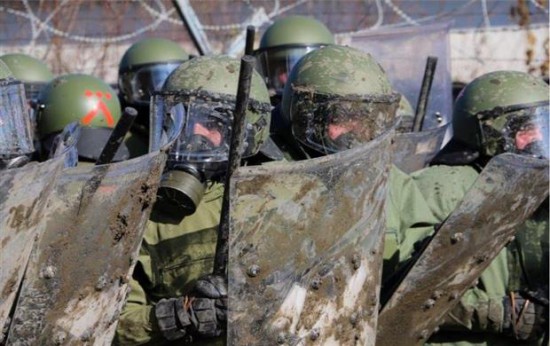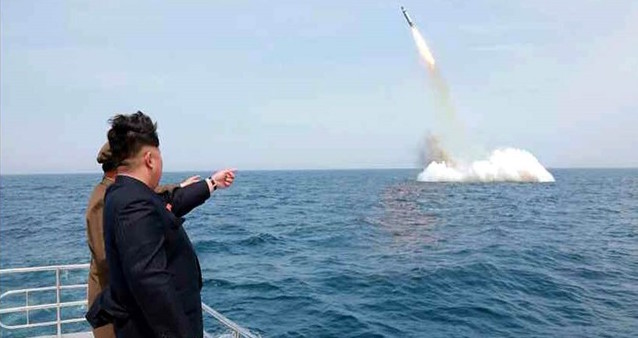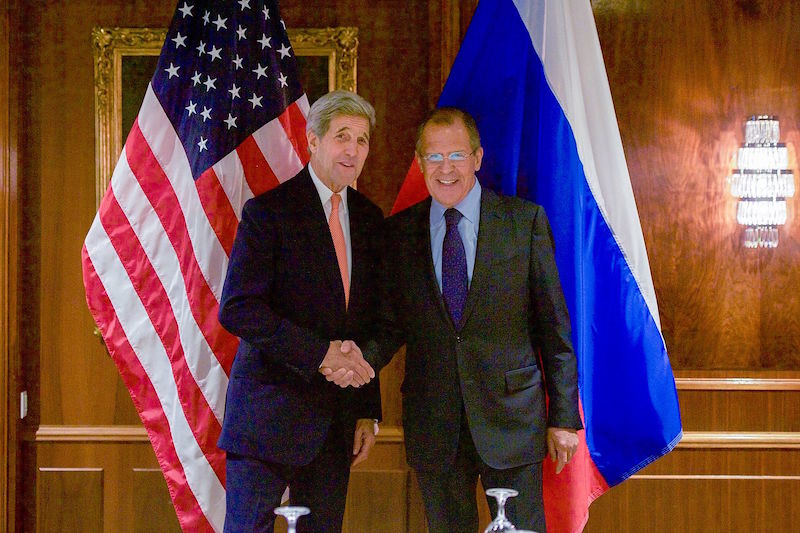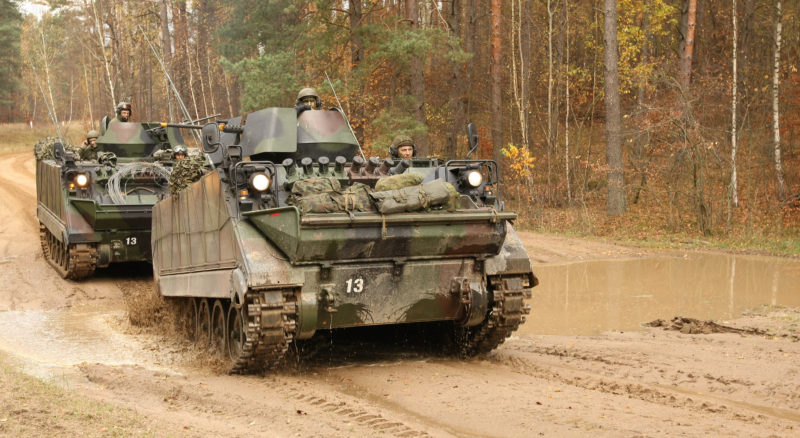As the security situation in Europe and along the continent’s frontiers continues to destabilize, and global conflict continues to uproot civilians from the streets of Damascus to the shores of Greece, military planners and analysts alike cannot help but wonder; where does this leave NATO?
A More Dangerous World?
With the conflicts in the Middle-East and Ukraine raging on, the continued growth of traditional security threats and humanitarian challenges has led to the emergence of a new security reality for the Alliance. As General Petr Pavel, Chairman of the NATO Military Committee, so aptly described to the European Parliament on October 20, 2015:
Our security environment has changed to the most complex, unpredictable, and challenging security situation Europe has seen in decades and this is unlikely to change in the near future. It is not a moment, but an era…There is an arc of instability surrounding much of Europe.
While one may question the seriousness of this suggestion, particularly given that it was addressed to European politicians, the security environment in which NATO is forced to contend has become increasingly complex and dangerous. In Southeastern Europe, where a considerable number of NATO allies are situated, we see a more assertive Russia attempting to exert its influence in the Caucasus and other parts of Eastern Europe. First, with its illegal annexation of Crimea, and currently with its continued support of separatists in Eastern Ukraine.
With regards to Syria, the government of Bashar Al-Assad continues to remain firm in its resolve to retain its grip on power. The result is not only a massive movement of civilians to the borders of Europe, but a rise in the strength of non-state terrorist groups, such as the Islamic State (ISIS) and Jabhat al-Nusra, which have exploited the instability to acquire resources and grow their respective memberships. As the Assad regime continues to be backed by Russia and Iran, and as groups like ISIS continue to attract waves of so called “foreign fighters,” the instability within this region is not likely to let up soon.
Emerging Challenges for the Alliance
Perhaps the greatest challenge that NATO faces from this growing arc of crisis, are the difficulties it poses for NATO allies. For NATO’s Baltic allies, such as Estonia and Lithuania, Russian actions in Ukraine have certainly been a cause of discomfort, which has prompted a rise in the Alliance’s Baltic Air Policing Missions. Months following the Russian annexation of Crimea in 2014, the Alliance monitored a build-up of deep and complex incursions of European airspace by Russian fighter jets and bombers, many which were reported to have occurred over the Baltic Sea. In October 2014, a Russian aircraft was reported to have violated Estonian airspace, an incursion of 600 meters. Consequently, since early 2014, in response to these incursions, NATO stepped up its Baltic Air Policing campaign and “quadrupled” the number of NATO fighter jets monitoring this zone.
Additionally, the conflict in Syria has not only spilled over into Turkey, but the country appears to be facing a growing battle with ISIS terrorists within its own territory. On January 12, 2016, a Syrian national and suspected member of the ISIS set-off a suicide bomb and killed 10 people in the centre of Istanbul. In addition to this growing threat from the Islamic State, the entrance of Russian warplanes into the Syrian conflict alongside pro-Assad forces appears to be further complicating things for both Turkey and the Alliance. Tensions for Russia and Turkey flared up after Turkish forces downed a Russian warplane in November 2015, in response to the craft’s violation of the country’s airspace.
Consequently, we see the Alliance now forced to respond actively to situations beyond the scope of its former mandate, as it now must contend with a variety of assymetrical threats, such as terrorism and the proliferation of weapons of mass destruction, as well as the humanitarian and political crises that emanate from this zone. Given this outlook, exactly how prepared is the Alliance for this reality, and what structures are currently in place to tackle it?
Introducing Our New Program: “NATO’s Arc of Crisis”
In response to these growing questions, the NATO Association of Canada has risen to the occasion with the emergence of its newest program, “NATO’s Arc of Crisis.” The security environment has changed, and just exactly how NATO responds will ultimately shape its existence and relevance as a global military alliance. From Ukraine to Syria, and wherever an opportunity for the Alliance to advance its security goals becomes available, the NATO Association of Canada will be there, providing commentary on developments within the arc and the implications for NATO. Additionally, it will attempt to provide readers with a greater analytical understanding of the Alliance’s response, and of the resources available at its disposal.




